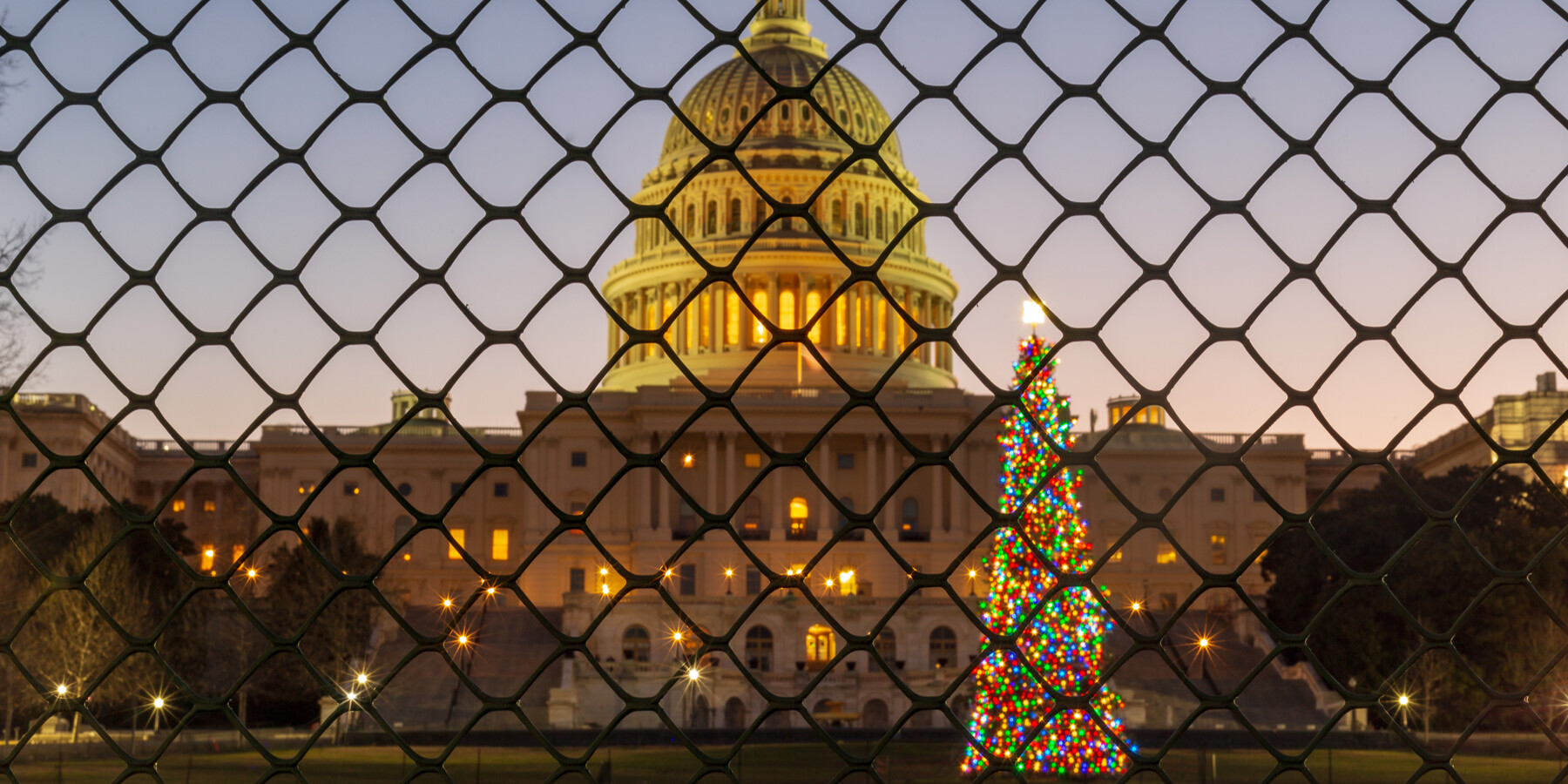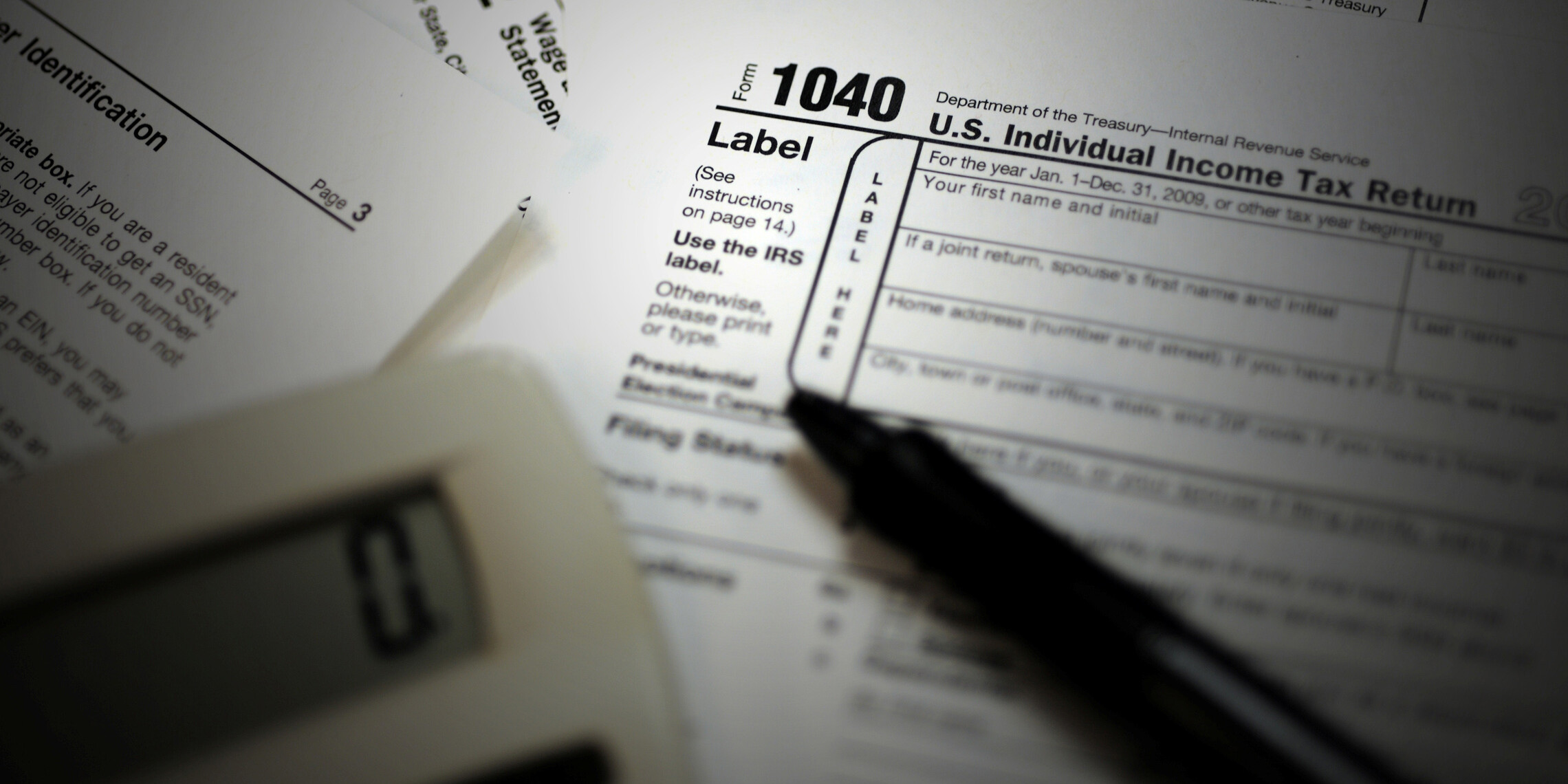By: David LeFevre, ERISA Attorney + Chief ERISA Geek, ERISAfire Benefits Compliance Solutions
This post examines recent IRS guidance that temporarily relaxes the grace period rules for healthcare FSAs and dependent care FSAs (aka dependent care assistance programs or DCAPs). For other analyses, see this post on mid-year election change developments from IRS, this post on an increase in the maximum healthcare FSA carryover, this post on the repeal of the prescription requirement for over-the-counter items, this post on HSA implications of recent telemedicine developments, and this post on cafeteria plan implications of DOL’s black hole ERISA deadline extension.
Current Rule
Ordinarily, contributions to healthcare FSAs and dependent care FSAs/DCAPs must be spent by the end of the plan year or else they are forfeited. However, plan sponsors may establish a grace period of no more than 2 1/2 months after the end of a plan year (technically, two months and 15 days) to incur new claims that can be paid from contributions made in the plan year immediately preceding the grace period.
For a calendar-year plan, if the plan sponsor included a grace period in its cafeteria plan document, claims incurred between January 1, 2020, and March 15, 2020, can be paid from the employee’s 2019 healthcare or dependent care FSA balance. For a fiscal-year plan ending June 30, 2020, for instance, if the plan sponsor included a grace period in its cafeteria plan document, claims incurred between July 1, 2020, and September 15, 2020, can be paid from the employee’s 2019-20 healthcare or dependent care FSA balance.
Alternatively, for healthcare FSAs (but not dependent care FSAs/DCAPs), plan sponsors may opt for a carryover feature under which up to $500 in unused healthcare FSA contributions may be carried or rolled over from one year to the next. Current rules do not allow both a grace period feature and a carryover feature for the same healthcare FSA plan year.
New Rule
IRS Notice 2020-29 establishes a temporary extension of the maximum allowable time to incur new claims that may be paid with prior-year balances for healthcare FSAs (both general-purpose and limited-purpose) and dependent care FSAs. The temporary extension is optional, and it is available to FSAs with grace periods or plan years ending in 2020. The temporary extension allows new claims to be incurred between January 1, 2020, and December 31, 2020. The precise effect it can have on a cafeteria plan will vary greatly depending on its plan year and its grace period or carryover features.
Calendar-Year Cafeteria Plans
For calendar-year healthcare FSAs with carryover features, there is no benefit. To take advantage of the temporary extension, the new guidance requires there to be a plan year or grace period ending in 2020. The 2019 plan year won’t have had a grace period that ends in 2020 because carryovers and grace periods are mutually exclusive. The plan year itself is the only element ending in 2020 for a calendar-year healthcare FSA with a carryover feature, so the added value is nil because the carryover ends the same day as the temporary extension ends.
For calendar-year healthcare and dependent care FSAs with a grace period feature, the new IRS guidance essentially allows employers to extend the grace period to December 31, 2020, permitting employees to incur new claims through December 31, 2020, and be reimbursed from their 2019 balances.
For calendar-year healthcare and dependent care FSAs with neither a grace period nor a carryover feature, there is no benefit. The new guidance requires there to be a plan year or grace period ending in 2020, and the only thing ending in 2020 is the 2020 plan year, which ends on the same date as the end of the temporary extension, so there’s nothing to take advantage of under the new guidance.
Fiscal-Year Cafeteria Plans
There may be more benefit for fiscal-year plans. Consider a July 1 to June 30 fiscal-year cafeteria plan.
For a fiscal-year healthcare FSA with a carryover feature for 2019-20 that allows $500 to roll over to 2020-21, there will be a benefit for participants with account balances at the end of the 2019-20 plan year that exceed $500. To take advantage of the temporary extension, the new guidance requires there to be a plan year or grace period ending in 2020. In this case, there is no grace period ending in 2020 because grace periods and carryovers were mutually exclusive when the 2019-20 plan design was established, but the 2019-20 plan year does end in 2020, and so a temporary extension of the maximum allowable time to incur new claims can be added, allowing claims incurred through December 31, 2020, to be paid from the 2019-20 balance.
Remember, though, the $500 that is carried over from 2019-20 to 2020-21 can be spent on claims incurred all the way through June 30, 2021, in this example, so the extension to December 31, 2020, will only help people who would have otherwise had forfeitures because their balances at the end of the 2019-20 plan year exceeded $500.
For a fiscal-year healthcare or dependent care FSA with a grace period feature, both the plan year and the grace period end in 2020, so the plan can be amended to allow claims to be incurred through December 31, 2020, and be reimbursed from the 2019-20 balance. This is essentially just an extension of the 2019-20 grace period through December 31, 2020.
For a fiscal-year healthcare or dependent care FSA that has neither a grace period nor a carryover feature, there is a plan year that ends in 2020 (June 30, 2020, in this example), so an extended grace period can retroactively be added to the 2019-20 plan year, and the grace period can run up through December 31, 2020.
Plan Amendment Requirements
This temporary extension of the maximum allowable time to incur new claims is not automatic; a cafeteria plan must be amended to allow it. The amendment may be retroactive to January 1, 2020, and it must be adopted by December 31, 2021.
Considerations
If an employer does want to take advantage of the temporary extension of the maximum allowable time to incur new claims, it should ensure that its third-party administrator has the capability to implement the change, and, if so, confirm the timing of any system changes so that the employer does not notify employees of the change only to have their claims auto-adjudicated and denied.
Coordination with the third-party administrator is even more important if the employer is changing third-party administrators. For FSAs that have had grace periods in the past, it was not uncommon for the administrative services contract to include a run-out period for those claims. However, when the run-out period in that contract was negotiated, a year-long grace period was not contemplated, and so it is likely the run-out period will not be long enough. Arrangements will need to be made with the new third-party administrator to adjudicate claims made on prior-year balances.
If the period for incurring new claims is extended for a general-purpose healthcare FSA, the employee will be ineligible to make contributions to a health savings account (HSA) until the first of the month following the end of the extension. This means that if the period for incurring new claims is extended to December 31, 2020, someone who has a balance as of December 31, 2019, in his/her general-purpose healthcare FSA will be HSA-ineligible for all of calendar year 2020, even if the FSA balance is spent down to $0.
Another downside consequence to consider is that elections for 2020 calendar-year plans have already been made, so while the relief will reduce and perhaps eliminate FSA forfeitures from 2019, it may result in more 2020 forfeitures than there otherwise would be—the proverbial kicking the can down the road.
About ERISAfire
ERISAfire LLC is an employee benefits compliance services firm, specializing in health and welfare benefits. ERISAfire has reimagined benefits compliance to help agencies and employers manage compliance risks and make the process easier. By leveraging custom-built technology to automate transactional tasks and provide a hyper-customized compliance calendar, its ERISA geeks can focus on complex analysis and experienced ERISA attorneys can scrutinize even the most mundane compliance tasks. Learn more at www.erisafire.com.








